Keywords: Discourse
There are more than 200 results, only the first 200 are displayed here.
-
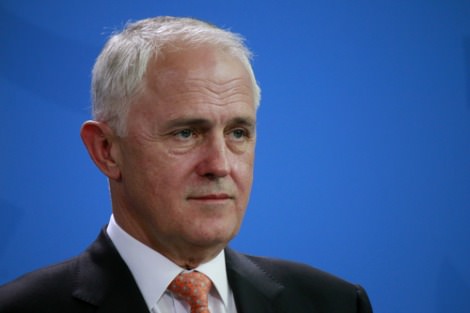
AUSTRALIA
- Fatima Measham
- 04 May 2016
3 Comments
In democracies, public sentiment is meant to be taken seriously. Describing something as populist is a refusal to engage with the sentiment, including its source and complications, usually because we find it disagreeable. The subtext is: people are wrong about the things they care about. They are not being rational or realistic. It is a brave thing to say these days about support for a royal commission into banks, or softening public attitudes toward detention-bound children.
READ MORE 
-
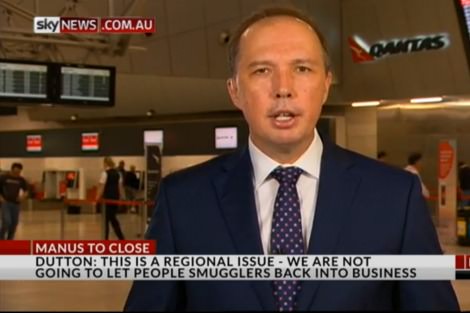
AUSTRALIA
- Kate Galloway
- 02 May 2016
23 Comments
I have often wondered at the likely success of entreaties to compassion for asylum seekers. This is not because I do not personally feel compassion for these people. And it is not because I do not believe that it is morally correct to show compassion, including through government policy. Rather my response is partly a factor of my training as a lawyer. Through my legal eyes, I can see little hope for appeals to politicians to show compassion. My conditioned response instead is to appeal to law.
READ MORE 
-

AUSTRALIA
- Ellena Savage
- 18 March 2016
24 Comments
'Coming out' is a gesture specifically, politically required of queer people but not of straight people. Another statement demanded of queer people is that they are injured and traumatised by the fact of their sexuality or gender. But why call on individuals to testify when the statistics are heartbreaking enough? This demand on queers to continually deliver narratives of oppression limits their social roles, and even invalidates their voices on matters other than their sexualities and genders.
READ MORE 
-
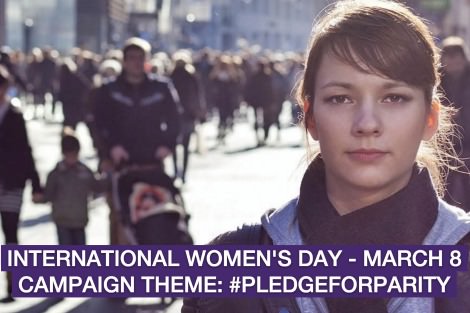
AUSTRALIA
- Ellen Poyner
- 08 March 2016
18 Comments
If we had a problem with numeracy, we would invest in maths, improving our education systems to build knowledge and skills. Instead we have a problem with gender equality and relationship violence. And so, let's improve knowledge and build skills in respectful relationships. Respectful relationships education integrated into the school curriculum is one of the proactive strategies designed to contribute to the prevention of gender-based violence in our communities.
READ MORE 
-
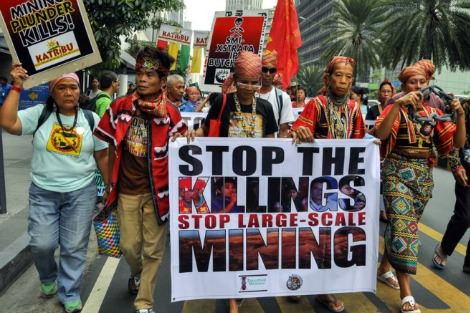
AUSTRALIA
- Fatima Measham
- 07 March 2016
3 Comments
In 2012, a pregnant woman and two of her children were killed in their own home in Tampakan, on the southern Philippine island of Mindanao. Tampakan is the site of a new mine with Australian interests. The woman was the wife of a B'laan tribal leader agitating against the mine. Over recent years indigenous peoples of Mindanao been harassed, displaced and killed by militias, some allegedly with the imprimatur of the Philippine army. Much of this has passed without notice in Australia.
READ MORE 
-

RELIGION
- Frank Brennan
- 07 March 2016
'On his last two visits to Latin America, Pope Francis has focused on past and present relationships between indigenous peoples and their colonisers. This Jubilee Year of Mercy perhaps it could be a blessed moment for Aboriginal Australians and descendants of their colonisers to walk together through the Door of Mercy at the St Francis Xavier Cathedral, calling to mind the sins and endeavours of the past, the achievements and commitments of the present, and the hopes and aspirations of the future.' Fr Frank Brennan SJ, Lenten Talk, Norwood Parish, 3 March 2016
READ MORE
-

AUSTRALIA
- Kate Galloway
- 24 February 2016
4 Comments
It is right and good that the outpouring of community and professional goodwill has at least delayed the return of baby Asha to what are reported to be the terrible conditions of the detention centre on Nauru. But Australia's asylum seeker laws involve unresolved systemic issues that such wins cannot by themselves resolve. Widespread community focus on individual cases such as that of baby Asha may in fact prevent action on the deeper issues from gaining traction.
READ MORE 
-
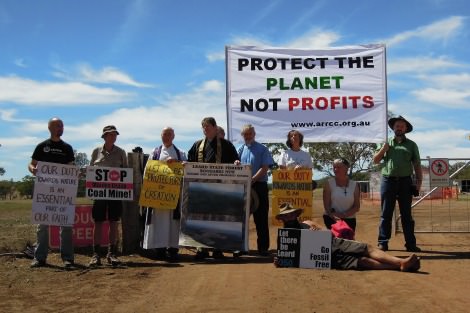
AUSTRALIA
- Fatima Measham
- 18 February 2016
5 Comments
The formative experiences of Australian early boomers include unprecedented access to university education and health care, immersion in feminist discourse, Aboriginal land rights campaigns, environmental activism, LGBT movements and pacifism. Quite remarkably, it mirrors some of the elements that engage millennials. While in some ways anti-boomer sentiment seems well placed, what it misses is that on social issues a 21-year-old might have more in common with a 61-year-old than a 71-year-old.
READ MORE 
-
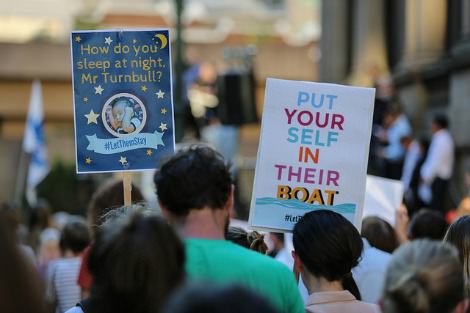
AUSTRALIA
- Somayra Ismailjee
- 12 February 2016
8 Comments
Since the first churches offered sanctuary to the refugees facing deportation to Nauru, a steady stream of voices have joined the call for compassion. As a political language, compassion is itself a reclamation of power. Extending safety, resources, or even a mere welcome to people in need proves that we have something to give. Strength is embodied by a capacity to aid and assist, rather than in cruelty. Empathy, care and compassion appeal to us on a level of emotion that runs deeper than mere rhetoric.
READ MORE 
-
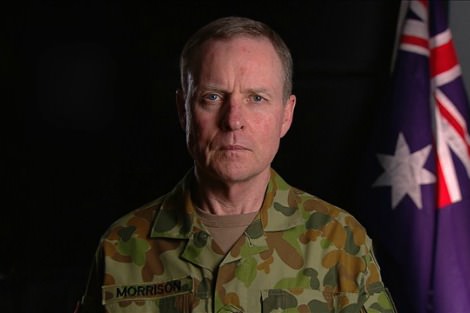
AUSTRALIA
- Justin Glyn
- 01 February 2016
9 Comments
Australia woke on 26 January to the news that David Morrison had been named Australian of the Year. One of the most striking features he displays is empathy. It is a quality in vanishingly short supply in public discourse, yet is fundamental. Unless we can put the individual on a broader canvass, our world view is incomplete. I am important, but unless you are recognised as being just as important as I, then you are just a plaything for me. My rights are bounded by your rights, your value as a person.
READ MORE 
-
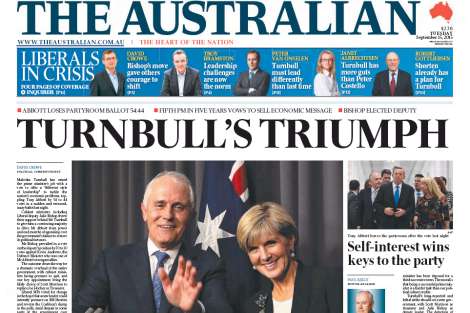
AUSTRALIA
- Tony Kevin
- 13 January 2016
5 Comments
Now is an exciting moment for Australia, after all the low points of the past two years. We can look forward to a real return to greater civil discourse and intellectual integrity in politics. It will be good if the parties can set aside the negative energy that was brought to the Parliament and return to an informed contest of ideas, for there is much to debate.
READ MORE 
-

AUSTRALIA
- Frank Brennan
- 10 December 2015
I first met this Tony on my regular visits here to Darwin when he was working at the North Australian Aboriginal Legal Aid Service and then when he set up the mediation services under the auspices of Anglicare. In later years I knew him when he was your Anti-Discrimination Commissioner. He was a quiet, considered, gentle, strong and principled man. On Human Rights Day, it is only fitting that I honour Tony by offering some reflections on the architecture for human rights in Australia, on the contemporary human rights controversies, and on the way forward for better protection of the human rights of Aborigines and asylum seekers, two marginalised groups who had a special claim on Tony's sympathies.
READ MORE